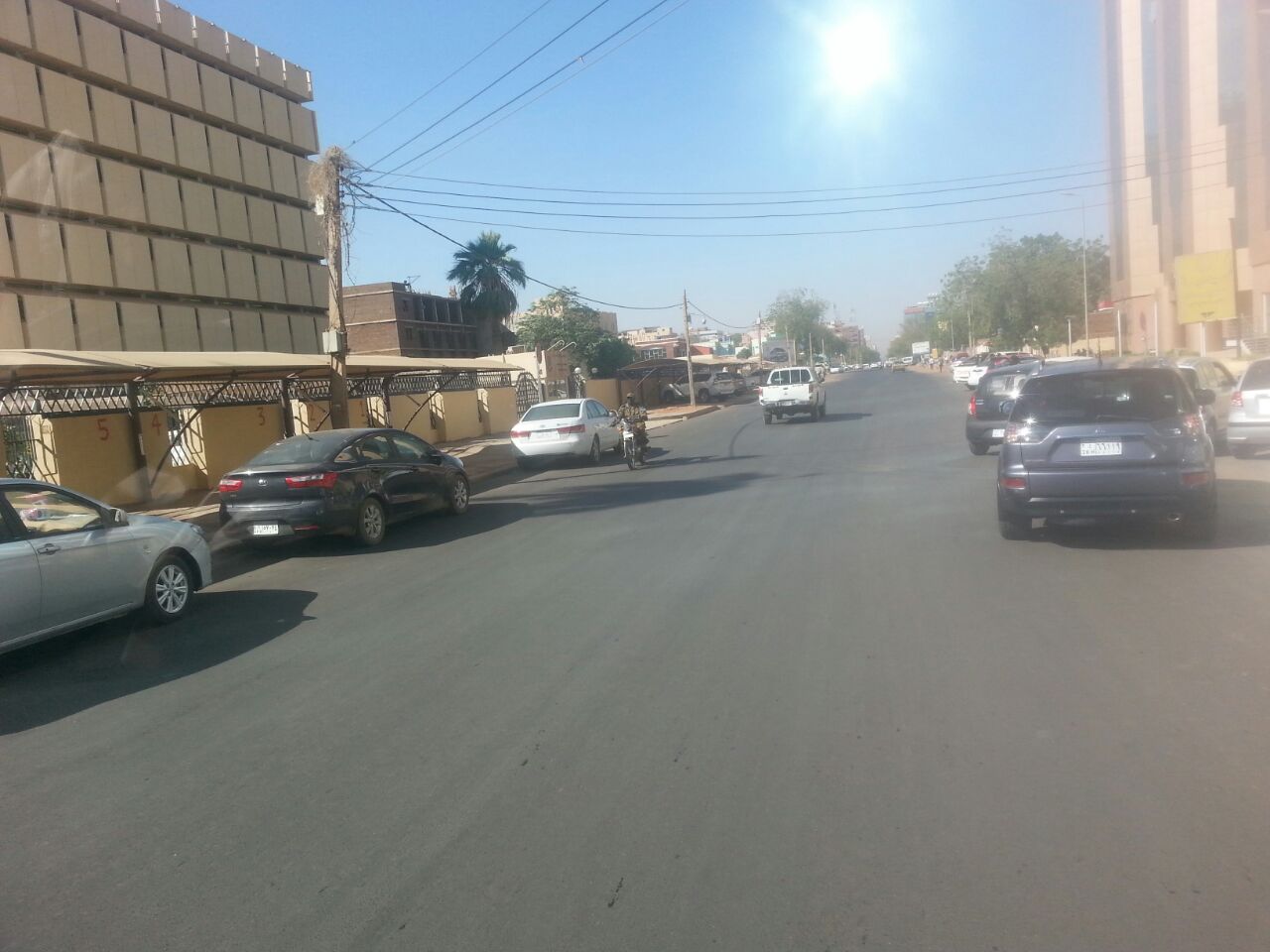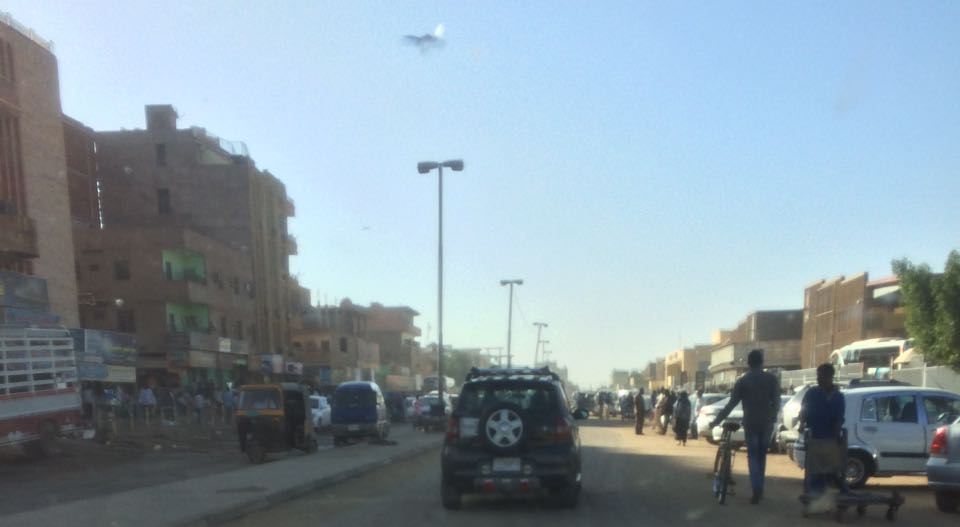Sudan’s second civil disobedience action evokes limited response

December 19, 2016 (KHARTOUM) – A few Sudanese Monday have heeded the call by activists and opposition forces to engage in a general strike for the second time within three weeks to resist the latest round of austerity measures imposed by the government.
Activists urged Sudanese to stay at home on Monday as part of a civil disobedience action, the second such initiative after a similar strike from 27 to 29 November which had a larger response.
In the early hours of Monday morning, Sudan Tribune reporters noticed limited traffic and pedestrian movement on the main streets in the capital, Khartoum. However, at about 8:30 am (local time) it appeared that street movement returned to normal.
Activists accused the National Intelligence and Security Services (NISS) of brining large numbers of private cars, public transportation and government vehicles to the streets to give the impression that it was a typical work day.
Unlike the previous three-day “stay-at-home” strike in November, pupils went to schools in the various neighborhoods of Khartoum as normal and government employees showed up for work largely.
However, fewer numbers of Sudanese turned up at state facilities to issue official documents. Also, it seemed clear that day-laborers gathering areas at markets and public stations were empty.
A private school bus driver told Sudan Tribune that he went out of his home because he “has an obligation to transport the pupils”.
“Movement on the streets is normal. But, of course, it is not like every day” an operator of a public transportation vehicle said.
Activists celebrated the success of the general strike and tweeted photos of empty streets and offices while supporters of the government circulated different images to prove the failure of the general strike.
Last week, President Omer al-Bashir said his government won’t be overthrown by the “WhatsApp”, pointing he wouldn’t hand over the country to “keyboard activists”.

CIVIL DISOBEDIENCE SUPPORTERS “TRAITORS”
Meanwhile, Sudan’ Vice-President Hassabo Mohamed Abdel-Rahman Monday has described civil disobedience advocates as “traitors and saboteurs” saying they have no place in Sudan.
In his address before Khartoum State legislators on the occasion of the declaration of Sudan’s independence in the parliament on December 19, 1956, Abdel-Rahman said the call for civil disobedience contradicts with the meaning of independence.
“The call for civil disobedience befits with the spies who receive money from Israel and the intelligence agencies,” he said.
He asked the Sudanese abroad to return to the country to resolve Sudan’s problems through dialogue, saying the government is determined to implement the outcome of the national dialogue.
For his part, Khartoum State governor Abdel-Rahim Mohamed Hussien said civil disobedience is nothing but “waste of time and energy”, pointing it only disrupts interests of the country and the people.
He added that the country is in dire need to mobilize these energies and resources to increase production as it faces unjust and coercive economic sanctions.
(ST)
